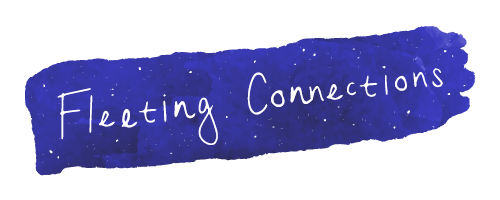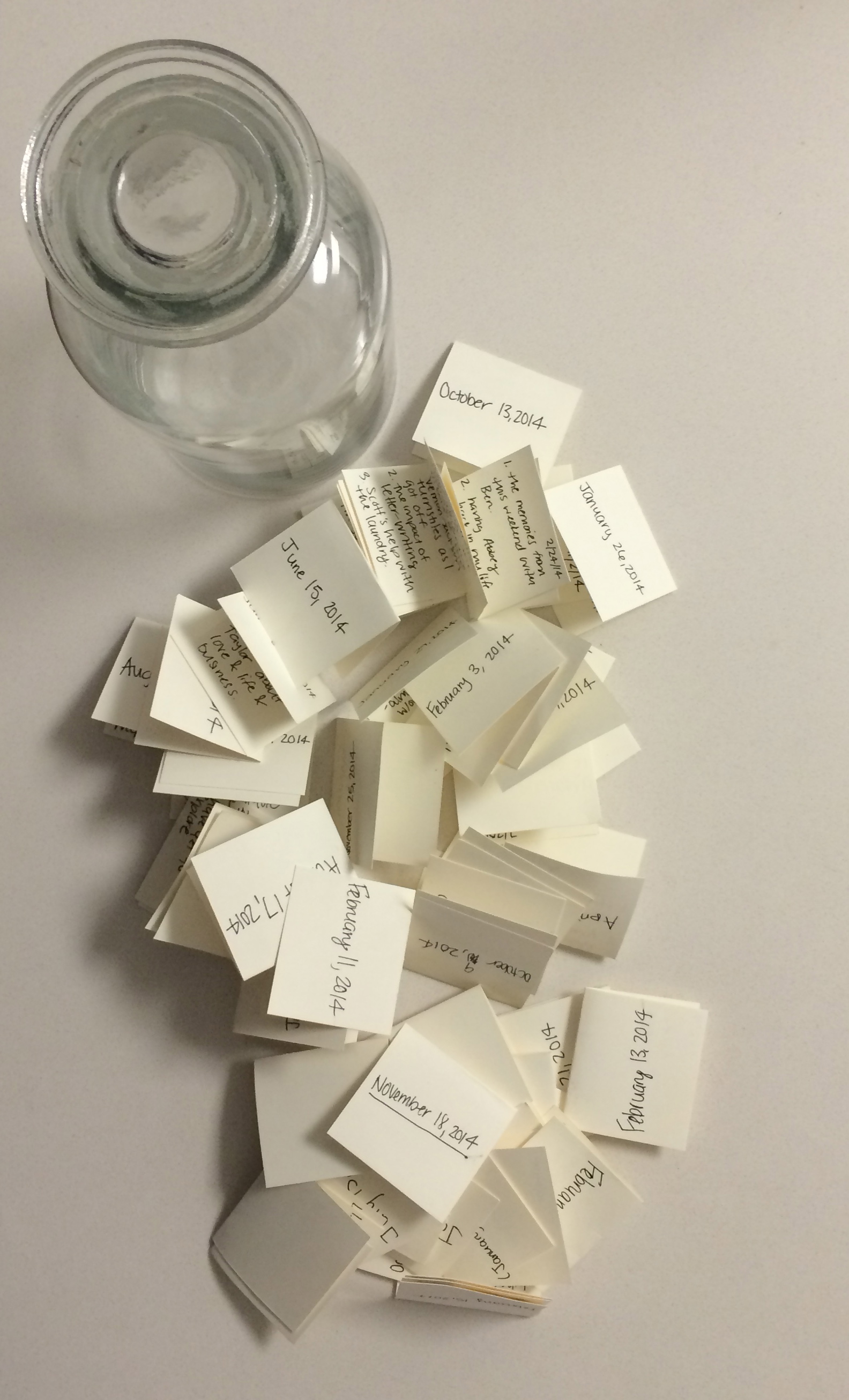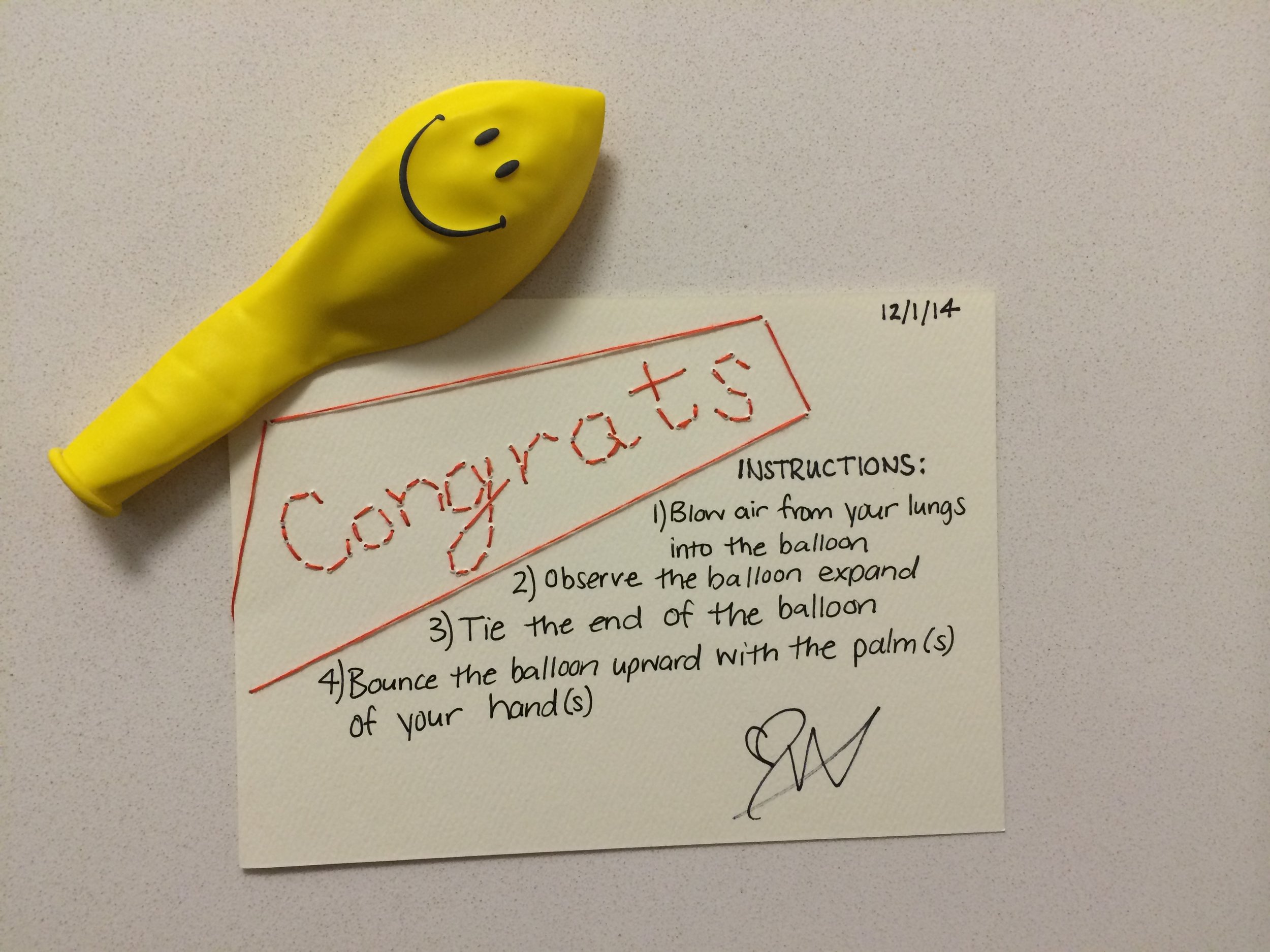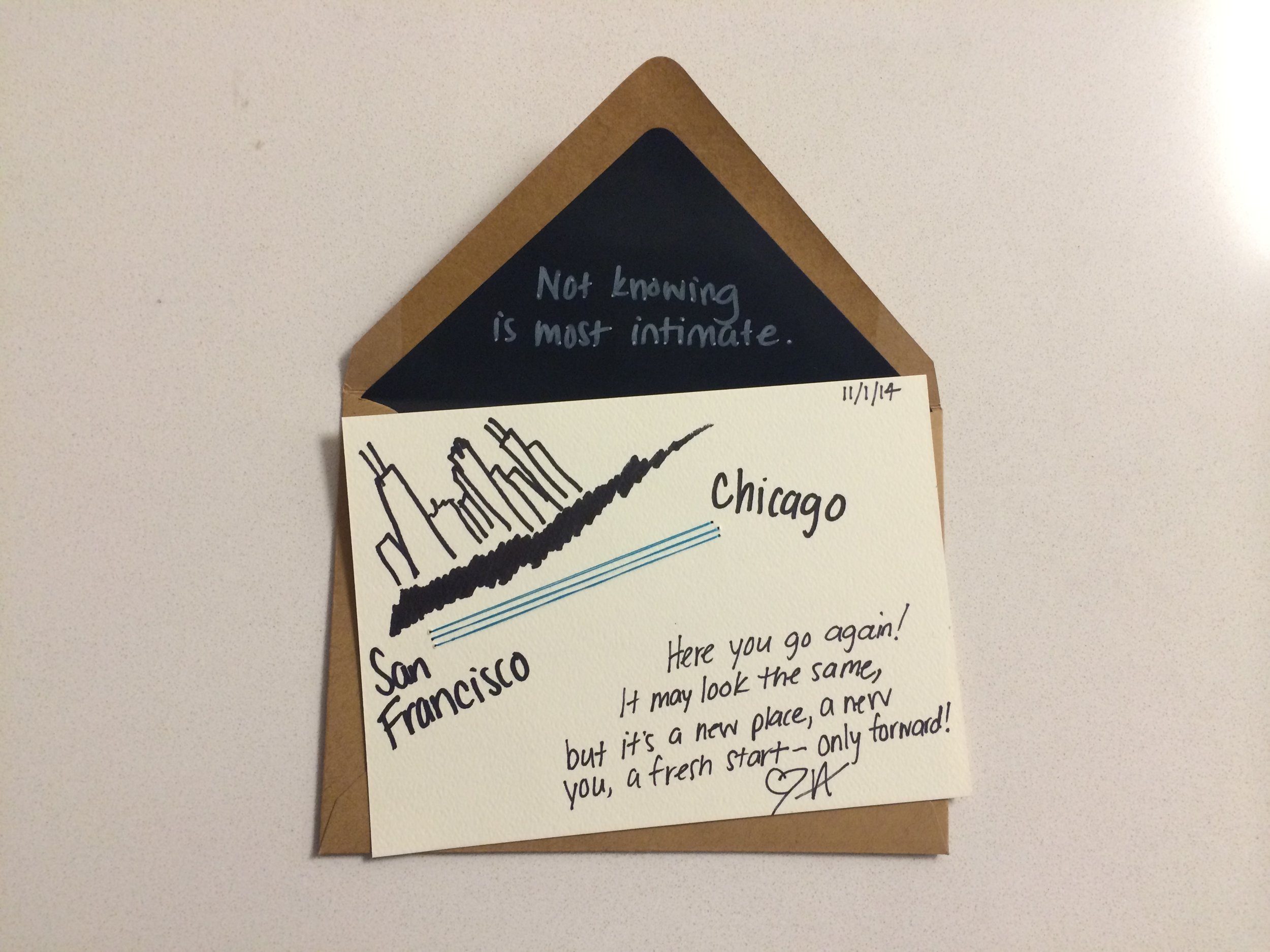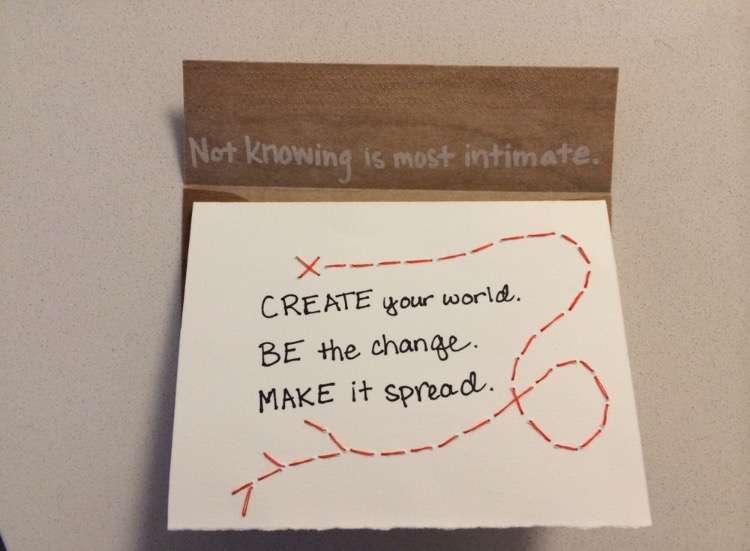All the Ways to Cry
I returned home from a date crying. He was lovely. It wasn't his fault. But there I was, exiting the subway station - crying. There I was, showering when I got home - crying. There I was, painting on the floor of my apartment - crying. I'd been crying for almost a year - I think - on and off.
Not like I cry now. And I still cry all the time. In fact I was getting all teary eyed right before sitting to write this. Why? Because I was watching Girlboss on Netflix (yep, Girlboss), and at the end of the episode, the main character chose was courageously beginning her own business, and I was so happy for her that tears formed in my eyes. My point being - I'm a crier.
I cry when I'm sad. I cry when I'm happy. I cry pretty much when I feel anything deeply, which is a lot of the time. I once had an ex write me about all the things he was grateful to me for. On that list - showing him the sublime beauty of being quick to cry. And it's true. I welcome tears. I feel no shame in them. I'm wary when people tell me they never cry.
These days, I cry at least once a week and other people cry in front of me at least that often. I'm very well-adjusted to tears. I think tears are great.
But during that year in my life when I was crying on and off, the tears were all the same monotonous tears that only come with unappeasable grief. They weren't simply a reaction to living life and feeling all the joy and all the sadness with my whole being. They were blinding. I couldn't see beyond them. And I wanted them to stop.
Choosing Happiness
I didn't want to feel that grief anymore. Plain and simple. So I made the decision to feel differently, and I went looking for ways to make that decision stick.
Along the way, I found a TED talk by happiness researcher Shawn Achor. His talk inspired me, made me laugh, and gave me a list of five things I could do for twenty-one days that were scientifically proven to shift my perspective toward joy.
In this talk, he explained how prioritizing happiness in and of itself was the key to enhancing productivity.
One of our big societal myths is that we need to work hard and take care of business and then we can be happy. That we only deserve happiness once we've been productive. That sacrificing joy to accomplish other goals is part of being a mature, responsible adult. But when we approach life this way, we are actually placing ourselves at a disadvantage because guess what, we aren't as effective and productive if we're unhappy.
An emphasis on checking off the "should do" boxes at the expense of the "joyful experience" boxes is a great way to decrease productivity and generally lengthen the runway to happiness and fulfillment.
There are no prerequisites for joy, and ninety percent of long-term happiness is based on how you're processing your life internally versus what you're experiencing externally. According to Achor, our brains at positive are 31% more productive than our brains at negative, neutral, or stressed. And if you approach your biggest tasks with a happy mind, you're far more likely to succeed.
I was sold.
21 Days
I committed to doing the following activities - all designed to focus my attention on joy and gratitude - for twenty-one days in a row:
- Exercise
- Meditation
- Writing someone in my life
- Recording three daily gratitudes
- Journaling about a positive experience
Achor says you can just meditate for two minutes. That you can simply shoot a quick email of praise, gratitude, or support to someone in the morning. That you can write the gratitudes down in a computer file. I bet all of this works, but none of these suggestions motivated me. If I was going to do this, I was really doing this.
Relying on the theory that you're more likely to exercise when you like your exercise clothes, I decided I'd be more likely to follow through on this if I really invested in it. I was going to infuse joy and beauty into every aspect of this experience. And for me, this didn't mean spending more time at a computer, so I went to my favorite paper store in Chelsea.
I found nice paper to write daily gratitudes on. I got a glass jar to place the gratitudes in. I got a new journal, and I selected beautiful stationery and fun colorful tape for sealing envelopes.
For twenty-one days, I ran one mile the morning. I sat and meditated. I wrote my gratitudes. I journaled a positive experience. And I wrote a letter to someone in my life and sent it to them in the mail.
I sent letters to family members and friends as well as people I hadn't spoken to in years. People I'd had falling outs with. People whom I'd simply drifted apart from. And more often than not, a week or so after mailing a letter, I'd receive a handwritten response in return. I soon learned that these responses were just as much a part of the experience as sending the letter.
And by the end of twenty one days, my perspective had shifted. I felt empowered. I felt grateful and capable and happy.
Because what I'd done is changed what I was choosing to focus my attention on. I'd repositioned myself as someone who was able to make active choices for my life rather than simply react to and be affected by the other people's choices.
I had been in the midst of a full-blown depression, and after twenty-one days, I wasn't.
And so I kept going. To this day, I prioritize moving my body, meditating, connecting with people in my life, writing my positive stories, and expressing gratitude. I now write weekly gratitudes instead of daily ones, but I use the same jar. And every Thanksgiving, I empty it and read what's inside.
Committing to positive thinking doesn't mean I'm always happy and living in a bubble of "everything's great!" It means that as I live my life and face the ups and downs - like all people do - I have these tools to support me and prevent my mind from spiraling into negative for too long.
This keeps me doing the things I want to do. This keeps me experiencing joy no matter what. This keeps me pretty damn happy.
Crying on the Road to Happiness
And I have my quarter-life crisis, mid-twenties depression to thank for this. Sometimes you need boring, monotonous depression tears to slow you down, show you everything you don't want, and ultimately push you toward growth and happiness.
In fact recent theories on depression are that it's an altered state designed to ultimately support and serve people. Psychologist Paul Andrews argues that depression just may be "an adaptation for analyzing complex problems" (New York Magazine).
Depression is challenging. Depression isn't fun. Depression when left unaddressed can have fatal consequences, but as someone who has experienced two major depressive episodes in my life (first at fourteen and again at twenty-six), I think the story of depression as illness is highly problematic.
I don't look at those periods in my life and think that something was going horribly wrong or that I was sick. I was depressed because of circumstances in my life and information that I needed to process and move through. As the old adage goes, the only way out is through. And move through I did - both times.
I'm not discounting the possibility that certain depressive episodes are the result of an unexplained chemical reaction in the brain or genetics or any of that, but if we frame depression as a constructive neurological state rather than a genetic curse, then we can give everyone struggling with depression the benefits of what Shawn Achor's research is all about - positive thinking. And this positivity, which enhances brain productivity, is much more likely to help you through than a diagnosis that implies that you just might stay there forever.
Nothing is forever. Things shift and change, and this twenty-one day exercise is a powerful way to get things moving in a positive direction.
Depressed or not, I now share this tool with almost all of my integrative guidance clients and encourage them to give it a shot. It can help move you away from anxiety, away from depression, and away from plain old neutral thinking. Because as the research and my personal experience indicates, you perform better - you live with more joy - when your mind's set to positive.
